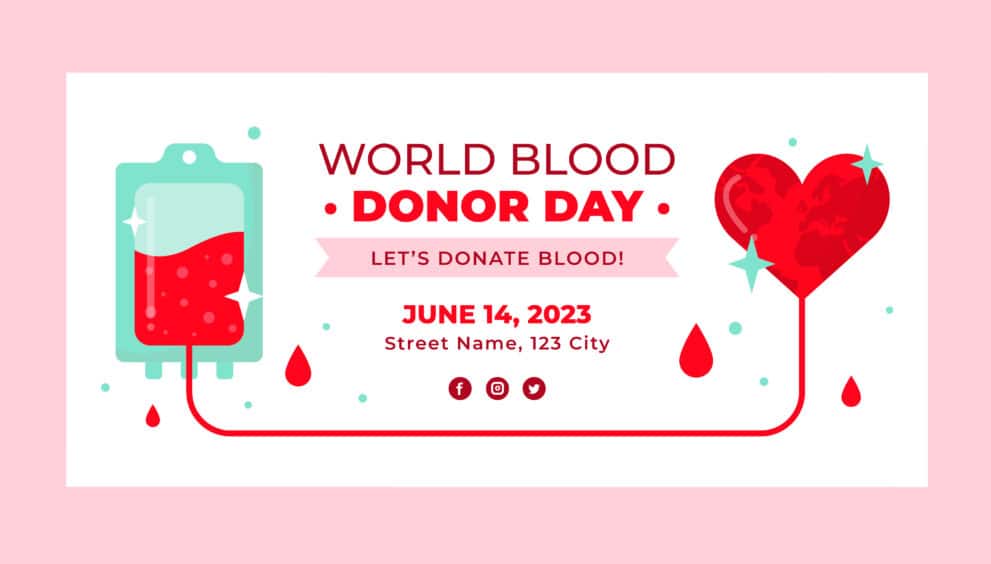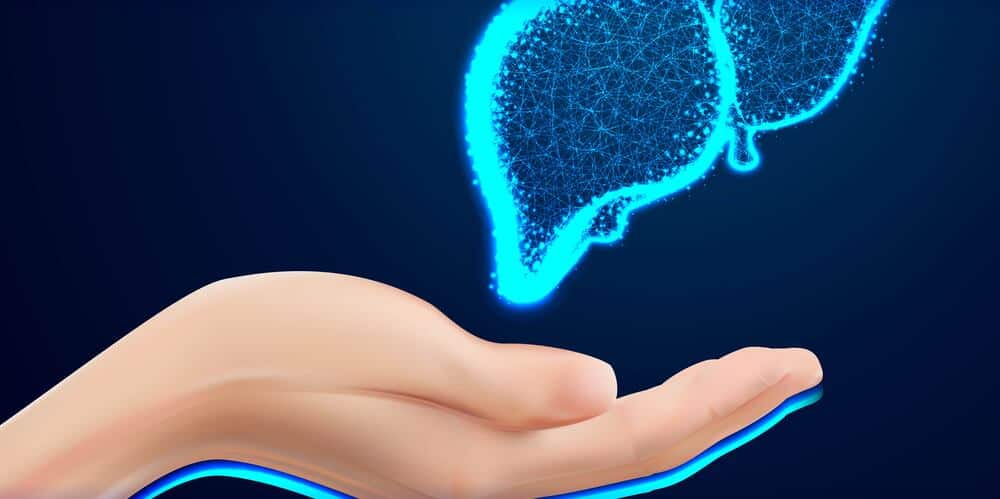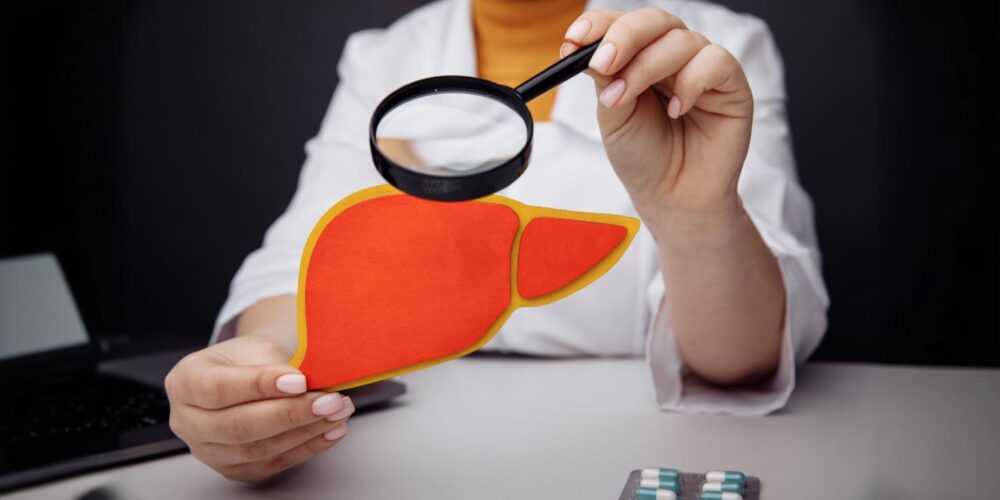One unit, three lives: Experts urge regular blood donation on World Donor Day
If every eligible person donates just twice a year, shortages would be a thing of the past, Dr Kanjaksha Ghosh told First Check in an exclusive interview
Author
Author
- admin / 8 months

- 0
- 3 min read

Author
Voluntary blood donation can save up to three lives with every unit and remains the cornerstone of emergency care, chronic illness treatment, and life-saving surgeries, says leading hematologist Dr Kanjaksha Ghosh, highlighting the critical need for regular donations as India marks 20 years of World Blood Donor Day.
“Every year, World Blood Donor Day is a reminder that a single unit of blood can save up to three lives. This act of giving is not just a donation—it’s a lifeline,” Dr. Ghosh, a former Director of the National Institute of Immunohematology (ICMR), told First Check in an exclusive interview.
“The need for blood is constant. Emergencies, surgeries, and chronic illnesses all require a steady supply. When people donate regularly, they ensure that hospitals never run short,” he continued. “It’s a community effort. Every drop counts, and every donor is a significant participant.”
Dr Ghosh pointed out that transfusions had evolved from a risky, experimental procedure to a safe, community-driven practice.
“Twenty years ago, voluntary blood donation was rare. Now, thanks to awareness campaigns and better infrastructure, we see growing participation every year. This progress has been nothing short of incredible,” he said.
The game-changing factor, according to him, was the discovery of blood groups and crossmatching.
‘Now, with regular screening and improved logistics, we can ensure a reliable supply of safe blood to those in need,” he said. “When I began my career, blood banking was still developing. Today, we have robust testing, advanced storage, and a network of voluntary donors that saves millions of lives annually.”
The challenge of motivating first-time blood donors
However, motivating first-time donors was still the biggest challenge, Dr Ghosh said.. “Many people fear the unknown. We must educate them: donating blood is safe, quick, and can save up to three lives in a single sitting,” he advised. “If every eligible person donates just twice a year, shortages would be a thing of the past.”
Young people, Dr Ghosh said, were especially important as their energy and commitment drive a culture of regular donation.
“We need to urge them to donate blood. We should do this in colleges, workplaces, and through social media. Blood donation is the simplest act of generosity with the greatest impact,” he mentioned. “Anyone healthy, between 18 and 65 years, and meeting the criteria can donate. It’s a safe, simple process that takes less than an hour but leaves a lasting impact. Your blood is someone’s hope, give it freely, give it often.”
Also read: https://firstcheck.in/fact-check-3-common-myths-about-blood-donation/
(Do you have a health-related claim that you would like us to fact-check? Send it to us, and we will fact-check it for you! You can send it on WhatsApp at +91-9311223141, mail us at hello@firstcheck.in, or click here to submit it online)










